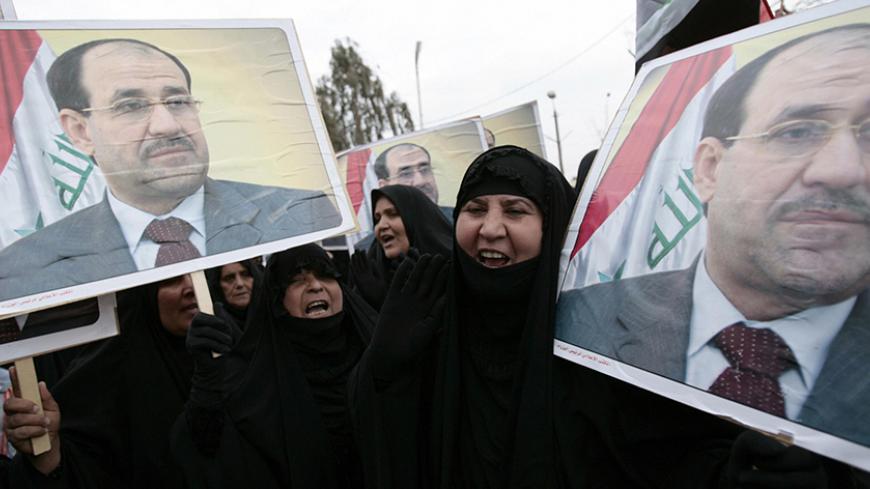Political rifts and partisan splits are nothing new to the Shiite Dawa Party, the dominant organization in Iraq's governing coalition since 2005. The differences within the party since Haider al-Abadi took office as prime minister in September 2014 are unprecedented, reflecting a national and regional conflict among Shiites.
The Dawa Party was founded in the 1950s by clerics and religious university students intent on fighting communism and establishing Islamic rule. The Muslim Brotherhood greatly inspired the party’s basic ideology, and the party’s founders had close ties to the Iraqi Islamic Party, which was considered the Muslim Brotherhood’s Iraqi branch. The Dawa Party is also associated with the Brotherhood-inspired Hizb ut-Tahrir. Taleb al-Rifai, a Dawa Party founder, cited these linkages in interviews with Rashid al-Khayoun for the book “Amali as-Sayed Taleb al-Rifai” (Dictations of Sayyed Taleb al-Rifai). Most Islamic political organizations from this earlier era tended to be pan-Islamic in their goals, ignoring the Sunni-Shiite division.



